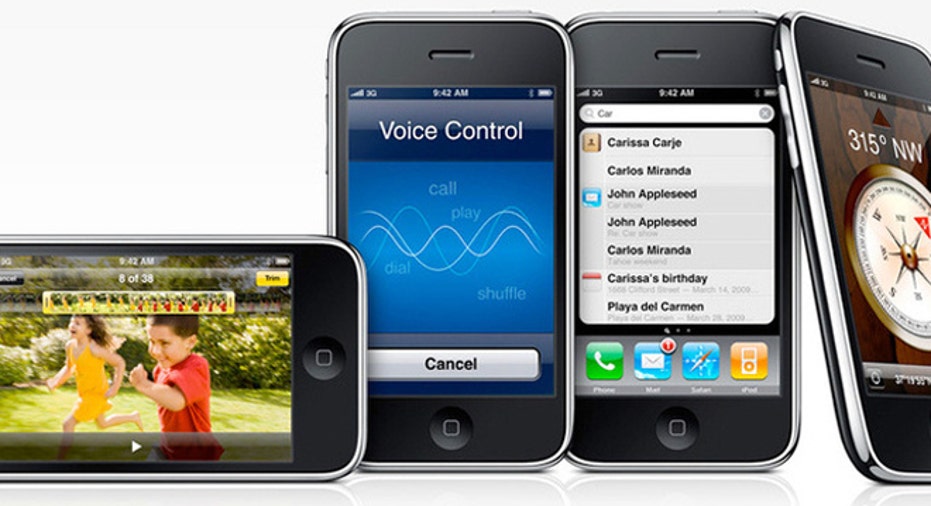Apple, HTC Smartphone Lawsuit Moves Toward Ruling in U.S.

Apple's claims that some smartphones running Google's Android software copy its inventions are approaching their first big judgment day in the US.
The International Trade Commission (ITC) in Washington was expected to rule Wednesday on whether some phones made by HTC violate Apple's patents. The ruling could lead to a ban on handsets sold by the Taiwanese company, which uses the Android operating system and is the No. 3 smartphone provider in the US market, according to research firm Nielsen.
HTC is not alone. Apple has been tangling in courts with other prominent Android device makers, including Samsung Electronics and Motorola Mobility Holdings. The cases reflect the Cupertino, Calif.-based company's belief that many competing smartphones violate features that Apple popularized with its iPhone and iPad tablet computer.
Apple is not the only one complaining. The smartphone market has experienced a surge in patent litigation over the past few years as large and small players seek to hobble competitors or take a share of their success through damage awards or negotiated settlements.
Android, which is distributed free, has become an obvious target for litigation as the Google system has outdistanced Apple's offerings to become the most widely used software on smartphones. Besides cases brought by Apple, Oracle has sued Google, alleging that Android violates its patents and copyrights. Microsoft is suing Motorola Mobility over Android.
Apple has made some headway in its legal attack on HTC. This summer, an ITC judge issued a preliminary ruling that HTC infringed two of Apple's patents. One covers technology to detect information in an email, such as a phone number, and then perform an action with it, such as automatically dialing the number when touched. The decision was passed on to the full commission, which is to make the decision that is expected for Wednesday.
If the court finds in Apple's favor, the commission can ban the import of the offending HTC devices into the US. HTC can still ask for a review from the US president within 60 days of the ruling. Even after that, HTC can appeal to federal courts.
An Apple spokeswoman reiterated an earlier statement that "competitors should create their own original technology, not steal ours." HTC did not respond to a request for comment.



















